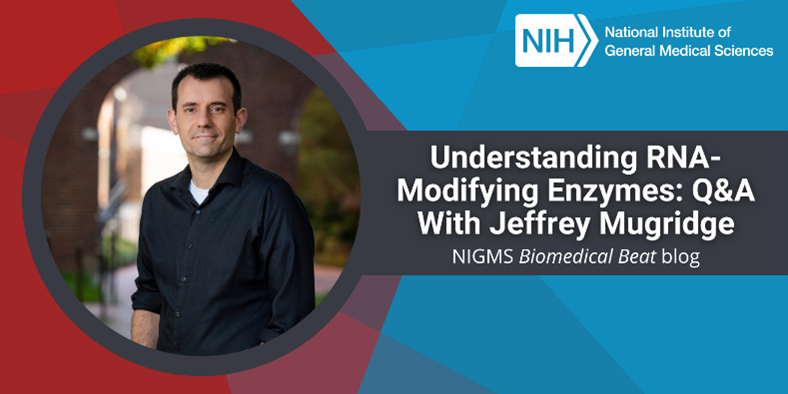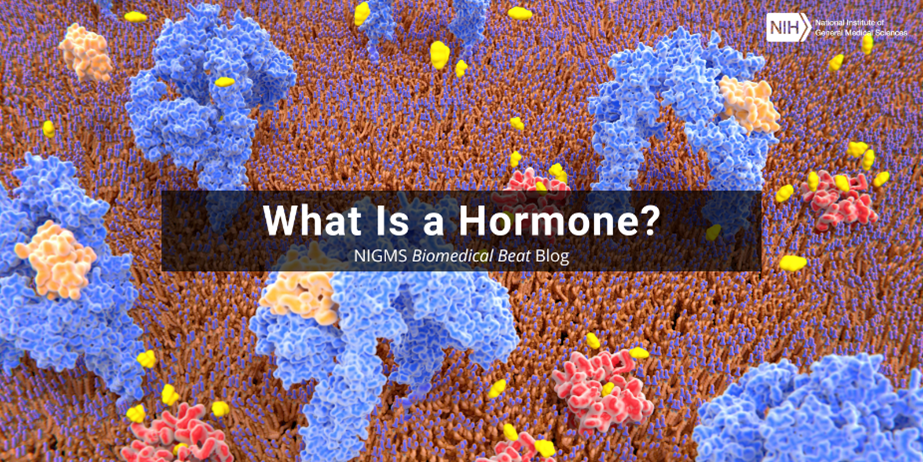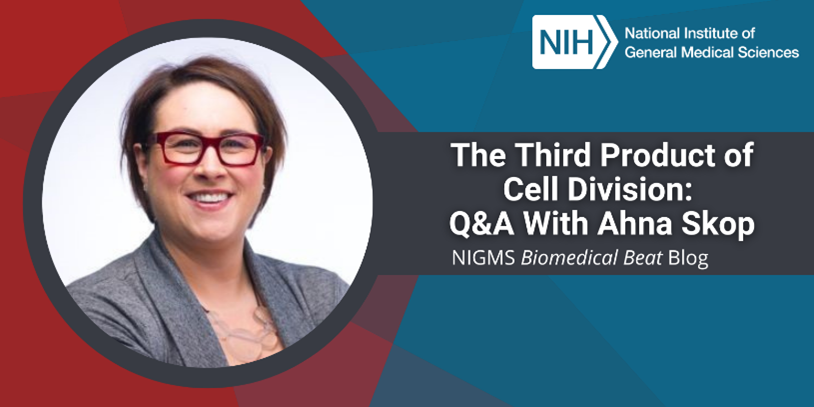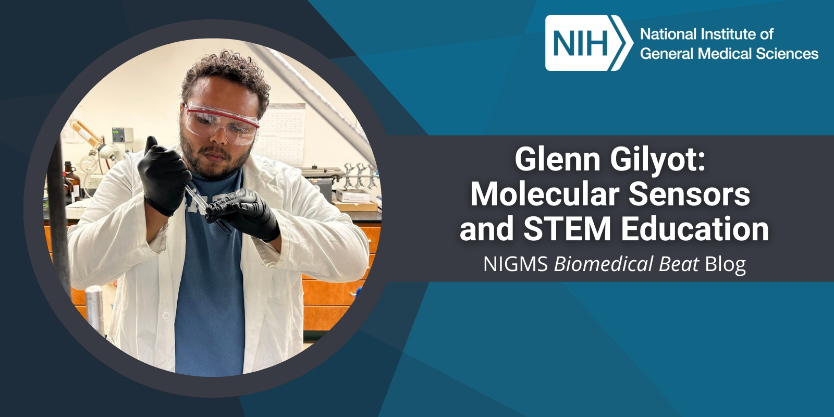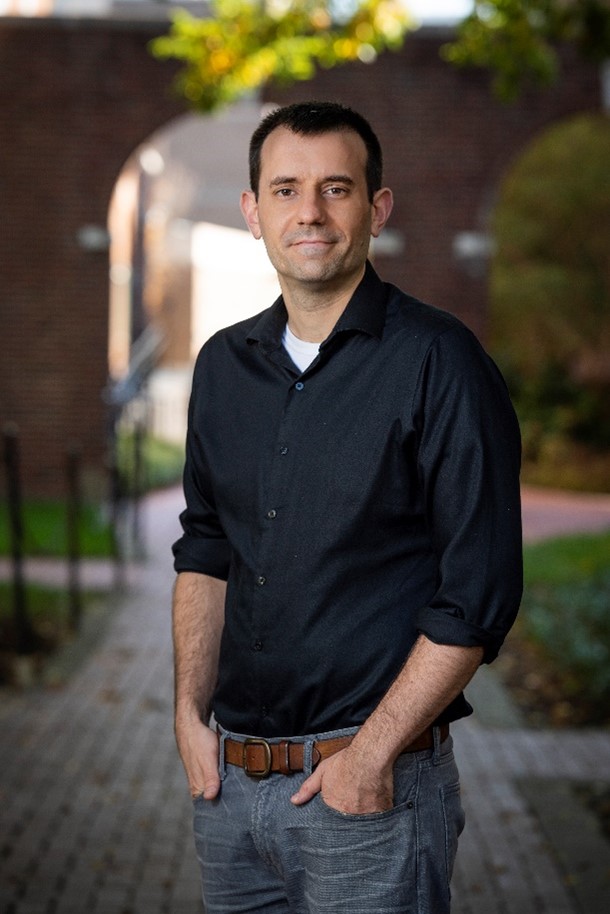
“One of the best aspects of research is the excitement of discovery, being the first person in the world to know a small detail about the system you’re studying,” says Jeffrey Mugridge, Ph.D., an assistant professor of chemistry and biochemistry at the University of Delaware in Newark. We talked with Dr. Mugridge about how a pet store job sparked his early interest in science, why he decided to change his career trajectory after graduate school, and what he believes is key to being a successful researcher.
Q: How did you first become interested in science?
A: My strong interest in science didn’t develop until I was in high
school—I wasn’t one of those kids who had a chemistry set or a deep love for dinosaurs or anything like that. But in high school, I worked in a pet store, where I learned a lot about aquarium science, including the ins and outs of managing water chemistry to keep fish alive. I also had a fantastic chemistry teacher who really helped me foster a love for the field.
Q: What path did your career take after high school?
A: After high school, I attended the University of Chicago to study chemistry. There, I worked in the lab of Michael Hopkins, Ph.D., on a project to synthesize organometallic molecules—molecules that contain a bond between a carbon atom and a metal. I then moved to California to pursue my Ph.D. at the University of California, Berkeley. Under the mentorship of Kenneth Raymond, Ph.D., and Robert Bergman, Ph.D., I studied the chemistry of synthetic host-guest complexes, where a “host” molecule envelops the smaller “guest” molecule within its hollow center. Host molecules will only allow very specific guest molecules into their “cages,” and once inside the cage, the guest molecule may react differently than if it were free. My Ph.D. project was dedicated to understanding how host molecules recognize a compatible guest molecule and how encapsulation of the guest molecule changes its chemical and physical properties.
We often turned to biology to help us understand host-guest chemistry because similar recognition events happen throughout the biological world—for example, enzymes recognizing their substrates. I became very interested in understanding molecular recognition in more complicated biological systems, so after my Ph.D., I decided to leave the field of chemistry to study biochemistry and structural biology with John Gross, Ph.D., at the University of California, San Francisco (UCSF), as a postdoctoral researcher. mRNA molecules are the templates a cell uses to build proteins, and they have “caps” that protect them from degradation. My work at UCSF showed at the atomic level how the mRNA-decapping complex recognizes and removes the cap to trigger mRNA degradation and control protein production.
Q: Did you find the transition to a new field to be difficult?
A: Changing fields was hard—I didn’t take many biochemistry classes while I was an undergrad, so I had to read a lot to learn the basics of biochemistry. I also had to learn a whole new set of lab techniques. It almost felt like I was starting over, but Dr. Gross was very supportive and understanding of my transition because he’d made a similar switch earlier in his own career.
I haven’t completely transitioned away from chemistry, though. I’m in a unique position now where I can use my chemistry background and training to help answer our more biologically focused research questions.
Q: What does your lab study?
A: My lab is trying to understand how different RNA-modifying enzymes work at the atomic level. The addition of a cap is only one of the many ways that an RNA molecule can be modified after it’s transcribed. These modifications are important to all stages of an RNA molecule’s life, including overall stability, processing, splicing, export from the nucleus to the cytoplasm, shape, and translation. We’re working to understand the specifics of how the enzymes that add or remove these modifications, called RNA-modifying enzymes, work.
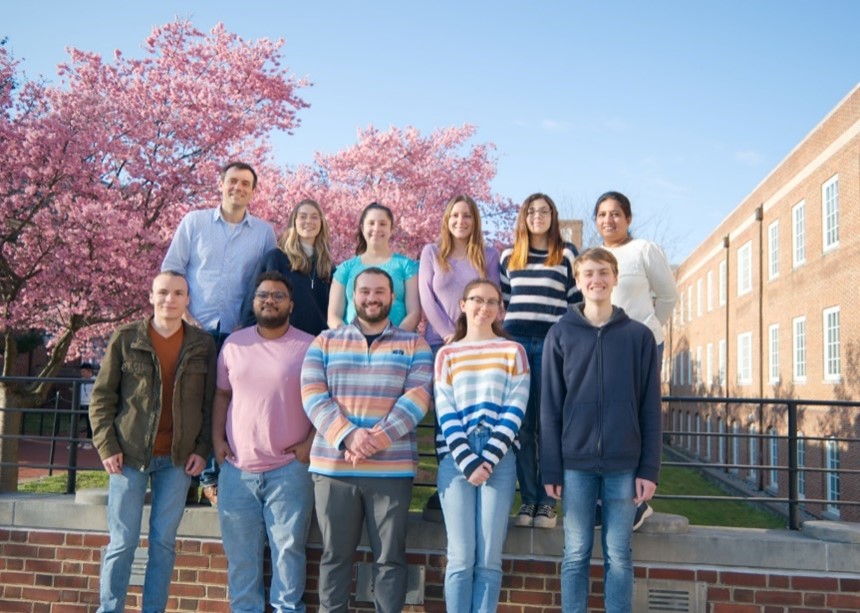
One class of RNA-modifying enzymes we study is called m6A-erasers. m6A is a modification that alters an mRNA molecule’s stability and function—for example, the change in how quickly the mRNA is degraded or the rate at which it’s translated into protein. We’re working to understand how m6A-eraser enzymes identify and remove specific m6A modifications on RNA. Because m6A-erasers become overactive in some cancers, understanding how these enzymes work may help other researchers identify new cancer treatments.
Q: What goals do you have for your research and career?
A: I really hope to define the detailed mechanisms of how these enzymes work on different RNA modifications and provide new information about fundamental RNA biology that could have an impact on human health.
I also hope to continue to train the next generation of scientists the best I can and to teach them to think about scientific problems carefully and creatively. I want to build an inclusive lab environment that supports students with diverse voices and backgrounds as they embark on their own scientific journeys.
Q: What advice would you give students who are interested in pursuing a career in science?
A: Being persistent may be the most important part of a successful scientific career. And one of the tricks to being persistent in science is to choose a topic that you’re really excited about and find a lab and advisor that will strongly support you and your needs.
Dr. Mugridge’s work is supported by the NIGMS Maximizing Investigators’ Research Award program through grant R35GM143000. Previously, Dr. Mugridge was supported by the Ruth L. Kirschstein National Research Service Award Individual Postdoctoral Fellowship program through grant F32GM105313 and the NIGMS Centers of Biomedical Research Excellence program through grant P20GM104316.


